Dhaka, Aug 23 (V7N) – With just days to go before the Dhaka University Central Students' Union (DUCSU) and hall council elections, political engagement on campus has intensified, marked by both promises and protests. The campaign trail has brought together candidates, student organizations, and voters in dynamic exchanges centered around campus issues, hall conditions, and the presence of active student politics in residential halls.
On August 8, widespread protests erupted on campus following the formation of a new hall-level committee by the student wing of a major political party. The controversy sparked debates about whether student politics should continue within the residential halls—an issue that remains divisive among students and candidates alike.
Despite tensions, the electoral campaign has moved ahead vigorously. Candidates for hall councils have launched active campaigns, many publishing their manifestos through social media platforms. The central DUCSU panels, however, have yet to release official manifestos.
This year’s election features 462 candidates for DUCSU positions. For the hall council elections, 1,108 candidates are contesting in 18 residential halls. Each hall council includes 13 positions—such as Vice President (VP) and General Secretary (GS)—totaling 234 posts across all halls.
Candidates’ manifestos prioritize a range of student concerns. Chief among these are resolving housing shortages, ensuring food subsidies in dining halls, improving hygiene and food quality, and upgrading hall infrastructure. They also emphasize the need for a better academic environment and overall student welfare.
Osman Goni, VP candidate from Kabi Jasimuddin Hall, stated that his manifesto was shaped by close interaction with fellow residents and their concerns. “I have worked with the administration to resolve problems including seat allocation and academic facilities. My platform reflects a commitment to student welfare,” he said.
Ashiq Billah, contesting for GS at Bijoy Ekattor Hall, emphasized the urgency of three issues: lack of transparency in seat allocation, poor food quality, and unhygienic living conditions—all of which disrupt students’ studies.
Ashiqur Rahman Sakib, running for AGS at Haji Muhammad Mohsin Hall, plans to initiate welfare-oriented programs in coordination with hall alumni. “If elected, I will introduce skill development initiatives and student support systems,” he added.
Notably, none of the student organizations have fielded full panels in all halls. Political differences, particularly over whether residential halls should host active student politics, have influenced this strategic retreat. Among the parties, the Jatiyatabadi Chatra Dal has managed to field full panels in 14 out of the 18 halls, the highest among all groups. Others have supported individual candidates without forming full slates.
Students have expressed cautious optimism about the promises made in candidates’ manifestos. Many worry that these may amount to little more than lofty rhetoric. Sifat Bhuiyan, a student from Muktijoddha Ziaur Rahman Hall, commented, “Some candidates are making exaggerated promises that may be difficult to deliver. I believe those truly invested in a peaceful campus environment will follow through.”
Ishrat Jahan, a student from Kabi Sufia Kamal Hall, echoed this sentiment. “During the campaign, candidates make big promises. We’ll have to wait and see how many of these are actually kept once they’re elected,” she said.
Tanvir Anas from Sir A. F. Rahman Hall added, “After 16 years of broken promises, students are skeptical. But this election could mark a turning point—one that brings long-awaited accountability and sets a benchmark for student politics in Bangladesh.”
As the DUCSU and hall elections approach, the eyes of both the student body and the wider public remain on Dhaka University, awaiting whether this renewed democratic exercise can deliver on its ambitious promises.
END/SMJ/SMA/



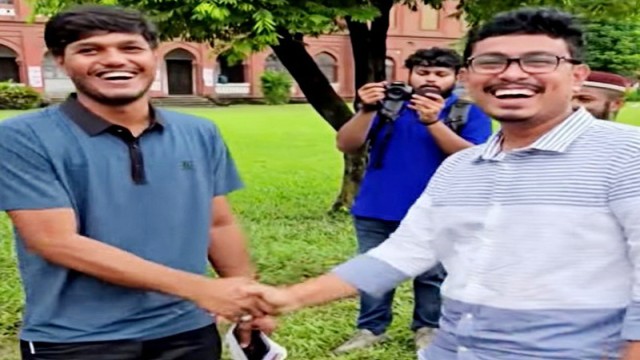
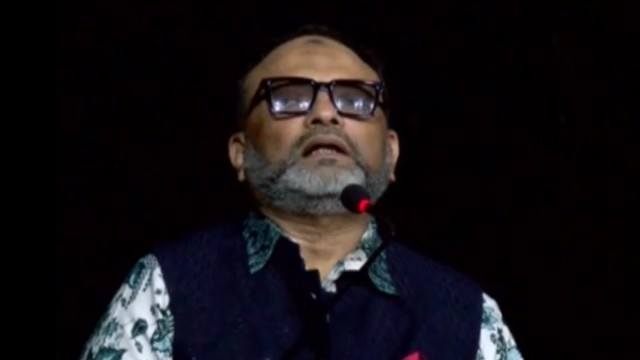

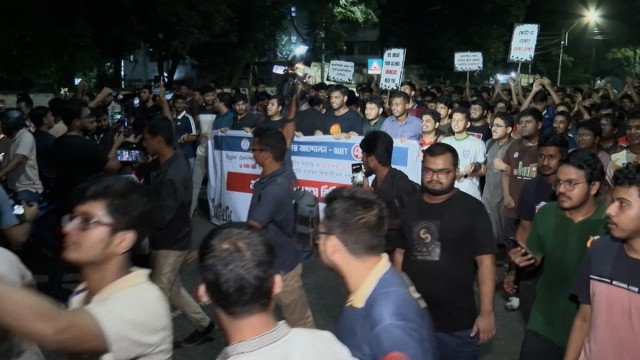
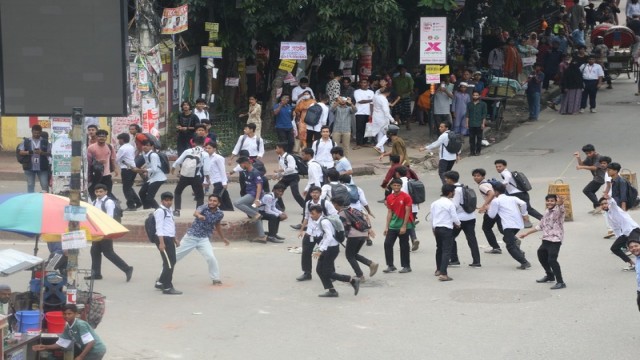
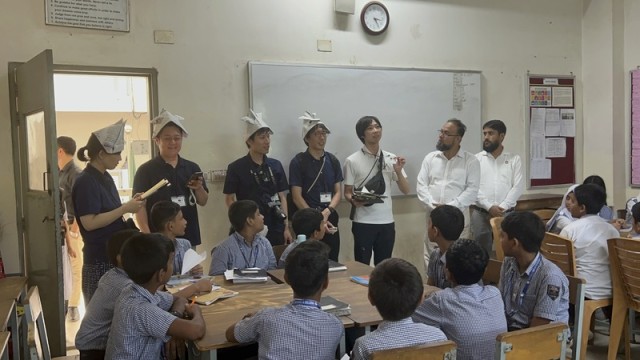
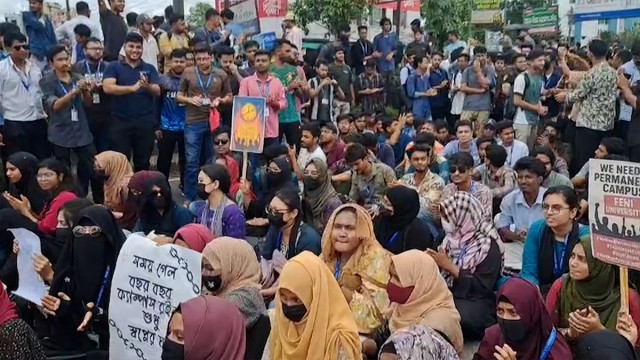
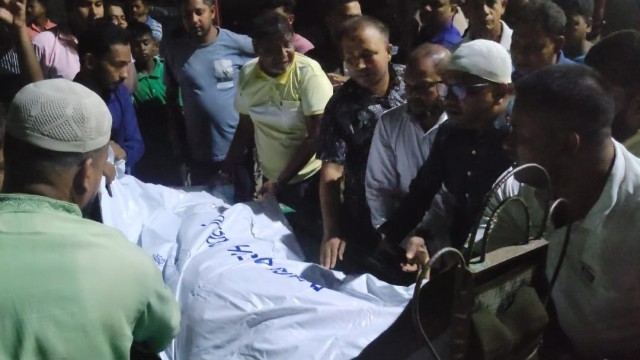

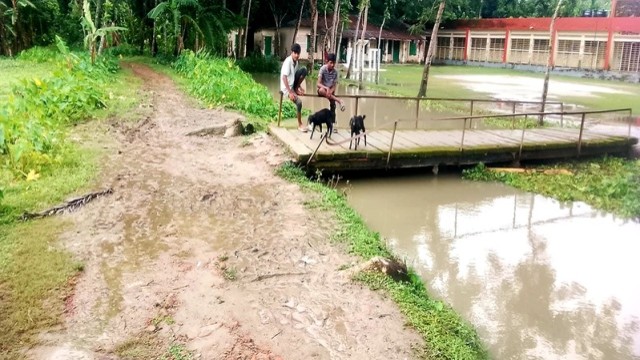
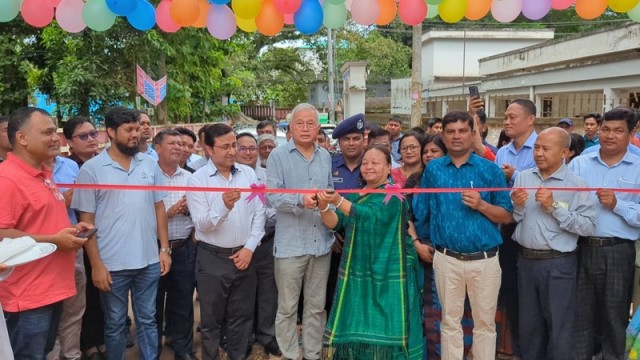
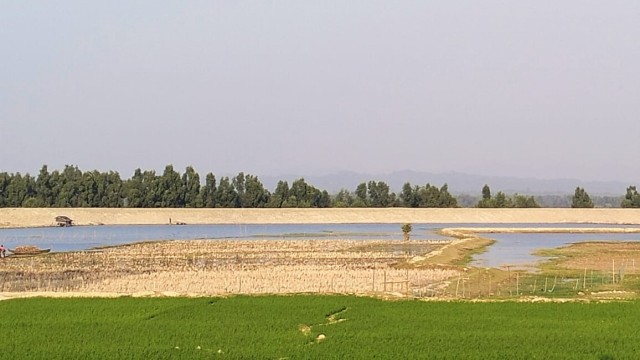

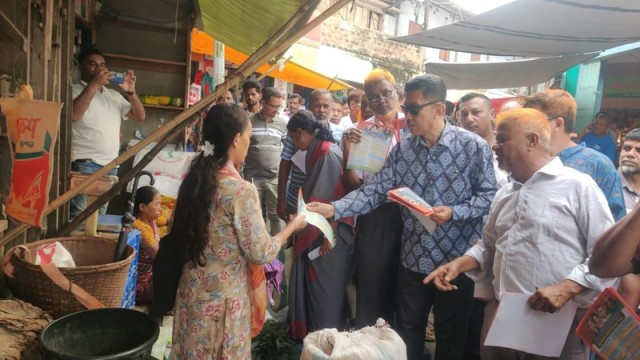

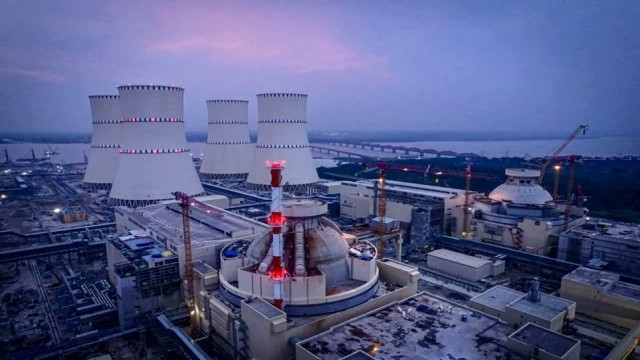
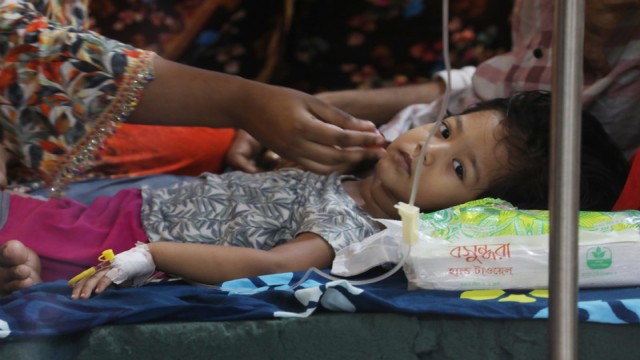


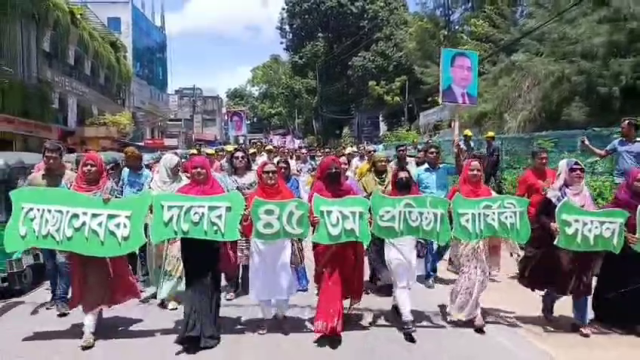
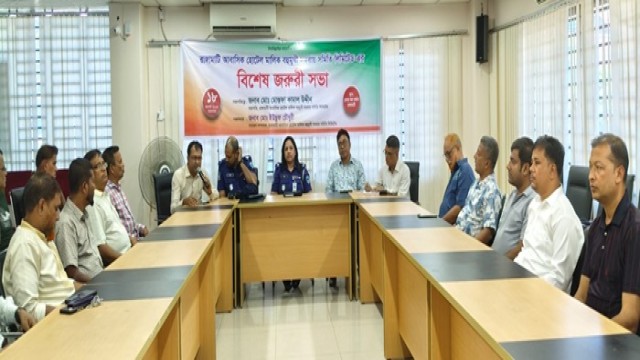
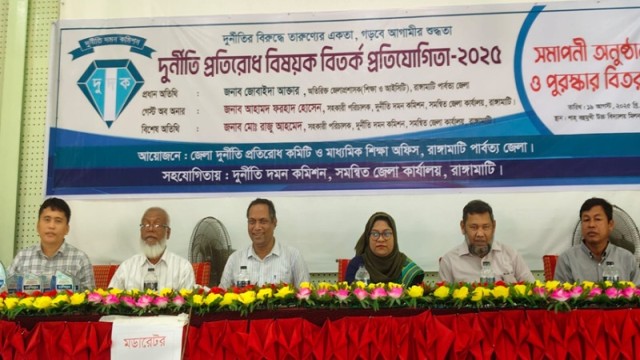

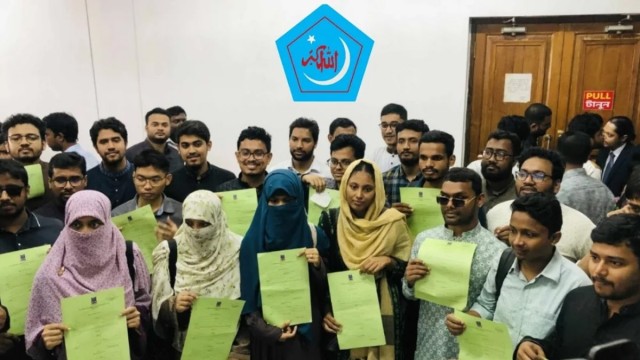

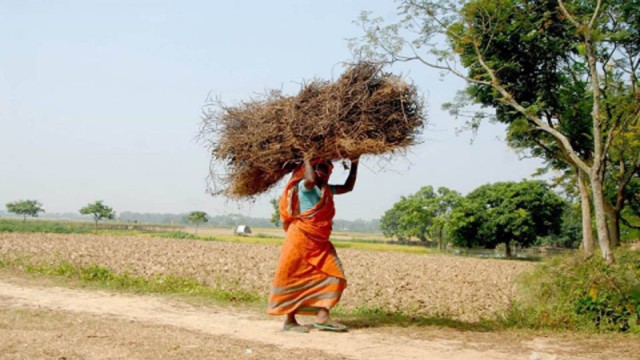
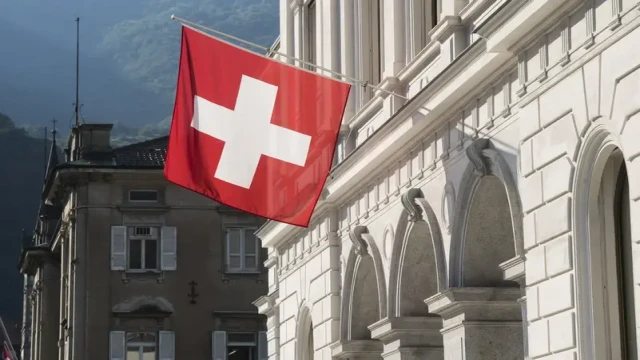
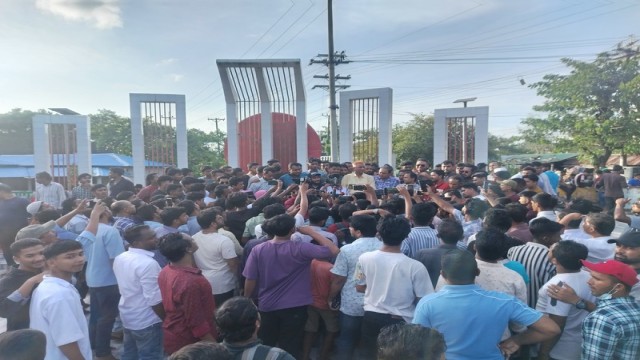
Comment: